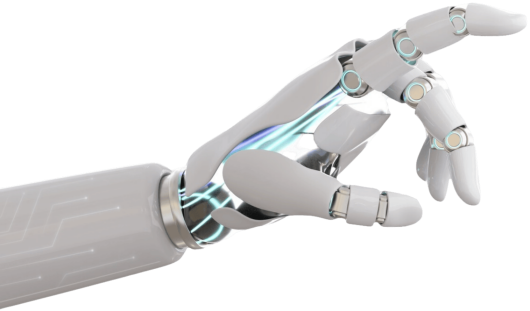
Despite recent (and upcoming!) turbulence, Information Society continues to develop and the world's economy continues to go increasingly digital. This process is fuelled by the exponential pace of growth of the underlying Information and Communication Technologies (ICTs). Today, ICTs are steadily intruding all aspects of our life, in all sectors. But the so-called digital revolution has barely begun and will continue to foster changes for decades to come. Indeed, recent studies show that the pace of technological advance in JCTs will continue to gallop throughout the next decade at least and will soon enable - among others - an environment of ambient intelligence, with computing and storage capacity embedded in most physical objects in our surroundings and with everything linked together through seamless broadband communication networks spanning from the home to the global level. At the same time, several other complementary disruptive technologies are also emerging based on advances on sensor, software, knowledge and cognition technologies: a new generation of intuitive and natural human computer interfaces and a new family of intelligent systems that will remove the complexity of building large-scale, interactive and inter-communicating systems.
Information Society, Ambient Intelligence, pervasive computing and networking, nanotechnologies, communication networks, human-computer interfuces, knowledge technologies, education and digital skills, technology and people.